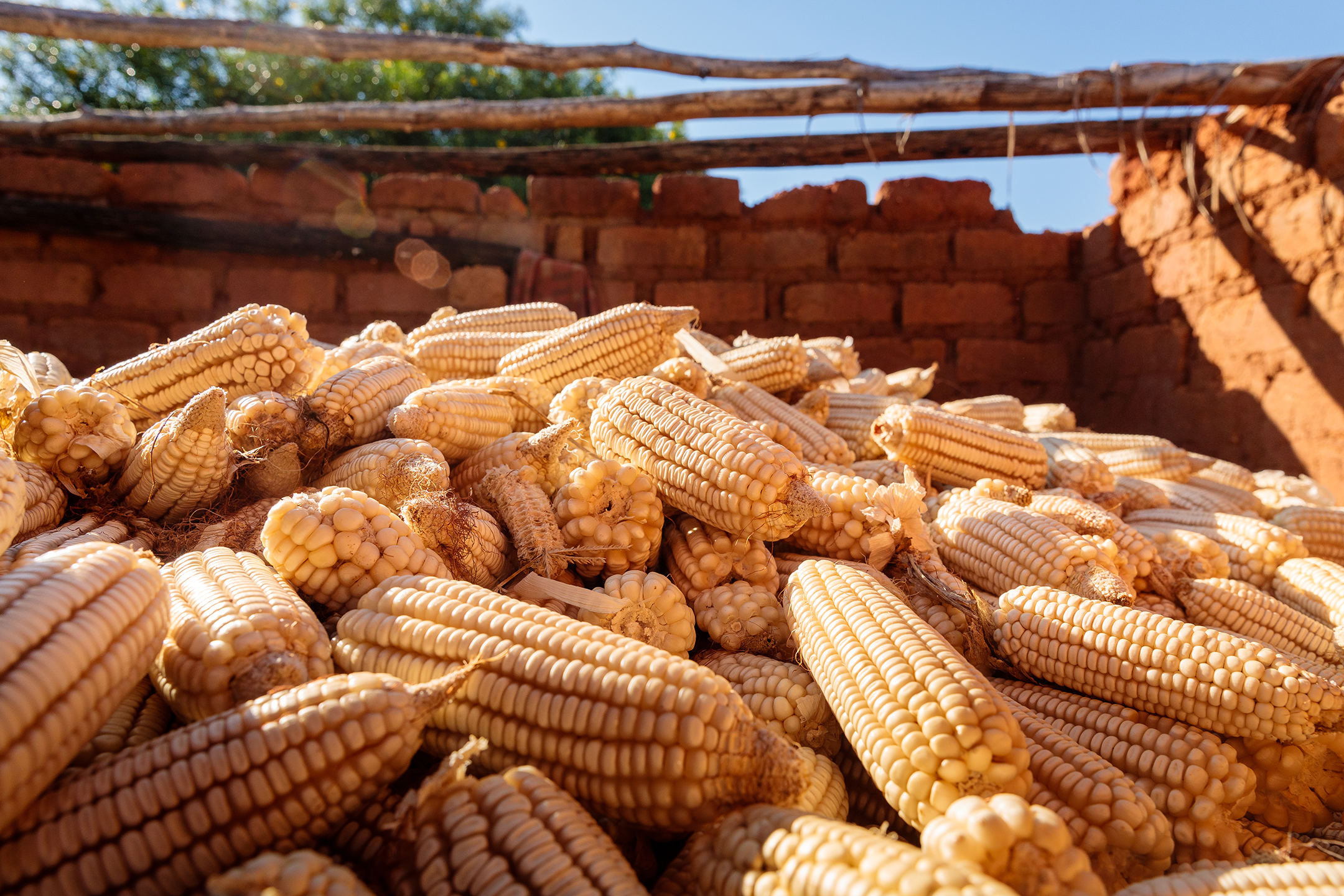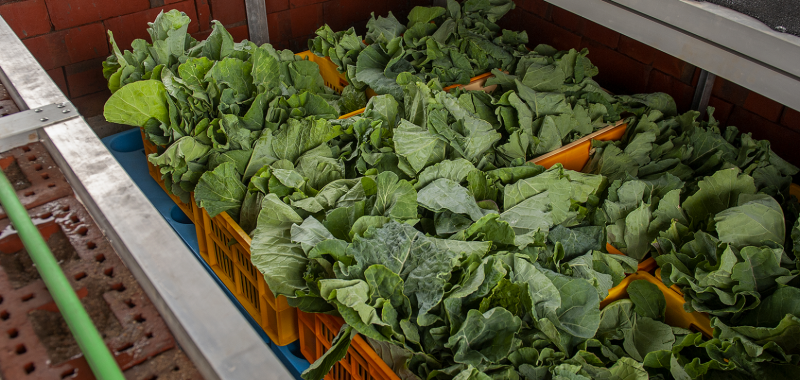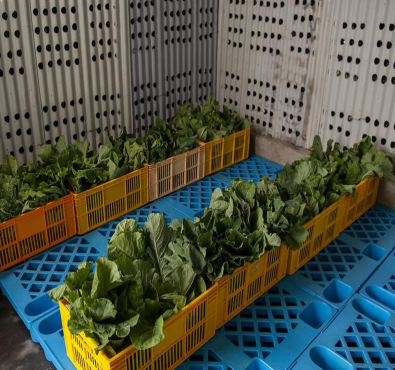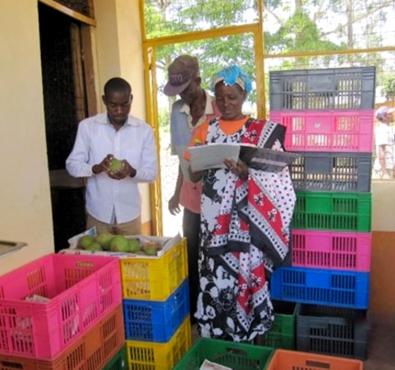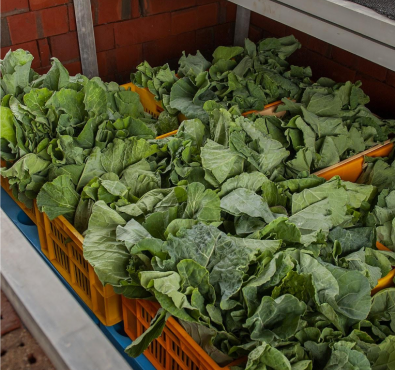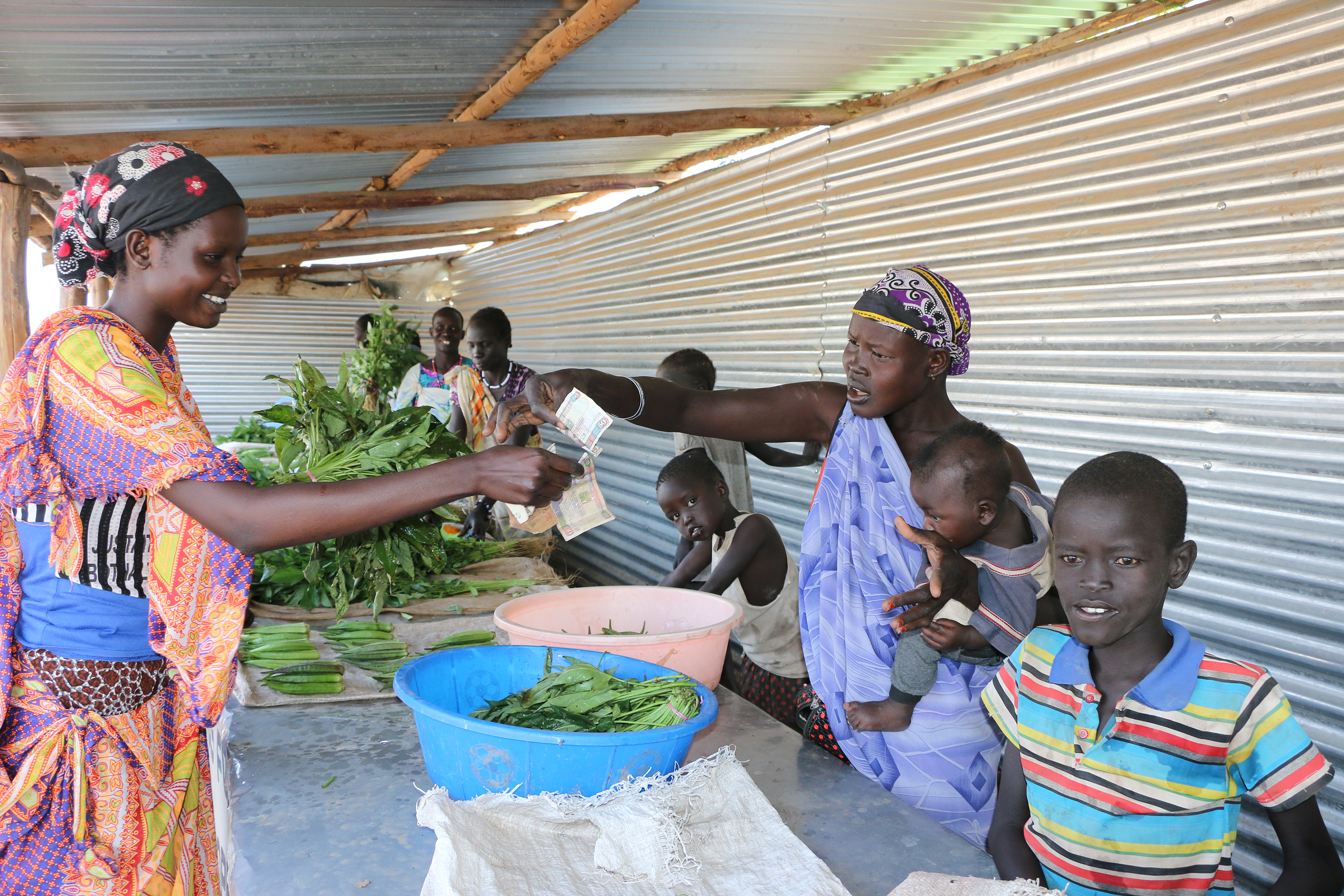In Sub-Saharan Africa, up to 35 percent of food is lost at the retail level. Globally, 1.3 billion metric tonnes of food costing the global economy close to US $940 billion each year go to waste due to inadequate handling and post-harvest losses.
Some value chains face higher losses; for example, post-harvest losses and waste for mangoes range between 40-50 percent. If leafy vegetables lose more than 3 percent of the original fresh weight, they are rendered unsalable. At the same time, existing solutions such as solar-powered cold storage rooms may not be available or affordable in some local contexts.
